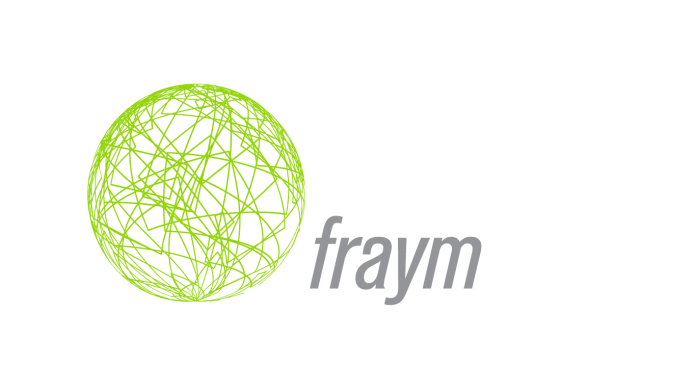By Kimberly Mitchell
“Our core product, our core value proposition and our value differentiator is in our geospatial data, in the ability to produce this sub neighborhood level data, in a customizable way and we’re increasingly thinking of it as an organizing principle of mapping humanity.”
– Ben Leo, CEO & Co-Founder of Fraym
In a global pandemic, Ben Leo, the CEO and co-founder of Fraym, sees his company innovating in new ways as they both react and anticipate the needs for geospatial data. The company launched four years ago off the backs of the deep experience its co-founders had in Africa. Fryam produces hyperlocal data on populations down to a one kilometer by one kilometer grid level. They do this in light of Fraym’s mission to revolutionize data driven decision making.
Growth has been rapid, even in a pandemic. “The last couple of years, we’ve been investing a lot in our software that powers our production process. We’ve built up a highly scalable set of solutions to produce data on things like demographics, language, ethnicity, religion, and education levels. We’ve really fine tuned a process that harnesses geotagged household survey data, satellite imagery, remote sensor data, and the power of cloud compute to produce this kind of hyperlocal data for a range of different customers.”
Leo paints a picture of Fraym’s capabilities with an example from their original market in West Africa. “We built a series of predictive analytic models that identify vulnerability or risk to a significant eventl. And the underlying thesis is where significant events happen has a significant amount to do with who lives in those places, the environment in which they live. Whether we’re talking about a physical environment, or climatic changes, the human dynamic, and the physical geography dynamic, these are going to have really strong predictive power about identifying where those things happen.”
In Nigeria the risk for political protests and electoral violence is high and stems from factions of pastoral herdsmen and farmers. It is a massive problem responsible for thousands of deaths each year. This, combined with the violent group Boko Haram, has destabilized parts of West Africa. This is where Fraym stepped in with hyperlocal data. Using predictive algorithms and advanced machine learning techniques, they’ve identified these risks with a high degree of geographic precision. As Leo says, “applying some of these cutting edge AI ML techniques to solve real world problems have massive implications on people’s lives and livelihoods.”
Leo is a former Director for African Affairs at the White House and has a wealth of experience in Africa from development finance and urban economics to political and security issues. Fraym was born out of a need for more detailed data in Africa. “We actually launched this business, because we were trying to solve our own problems. We needed reliable, actionable, localized data that matched the unit of analysis for our decisions, whether that was applied policymaking for access to electricity or making investment in business decisions, and this kind of information did not exist, so we set out to build it.”
Once Fraym was working, he realized it wasn’t just applicable to Africa, but to other regions of the world who lack actionable, localized data. The Covid-19 pandemic only exacerbated the need for Fraym’s product. “Early in the pandemic, we started working with some renowned epidemiologists that were active, either on the front lines or behind the scenes,” Leo says. The company also partnered with researchers at Georgetown University to study high risk factors for transmitting the virus and its implications.
“We applied our core technology of producing hyperlocal data on these indicators, these characteristics that are strongly associated as risk factors with COVID-19 hygiene effects. Do people across the developing world regularly wash their hands? Do they regularly wash with soap? What is smoking prevalence like? What do comorbidities look like? And we mapped all of that out at that one kilometer grid level, which governments, international organizations, NGOs and companies found to be incredibly valuable.”
Fraym offered this data for free in the first wave of the pandemic. As the pandemic continues, they’ve been able to learn from frontline responders how to make the data even more valuable. Along the way, Leo realized that countries that would normally be considered more advanced were actually making decisions based on data that was much more limited than some of the countries Fraym has been able to help. “This hyperlocal geospatial data is not only needed in Ghana, or India or the Philippines, but it’s needed just as much on some of these issues in the US or Europe.”
Looking into the near future, Leo views the data Fraym offers as “an organizing principle of mapping humanity.” He looks forward to bringing companies around the globe even more detailed data with the grid level model, revealing trends in earning, spending, subscription services and even political preferences. “Being able to do that across the world is going to be absolutely transformational.”
Find out more about Fraym’s geospatial data at fraym.io.
– Advertisement –
